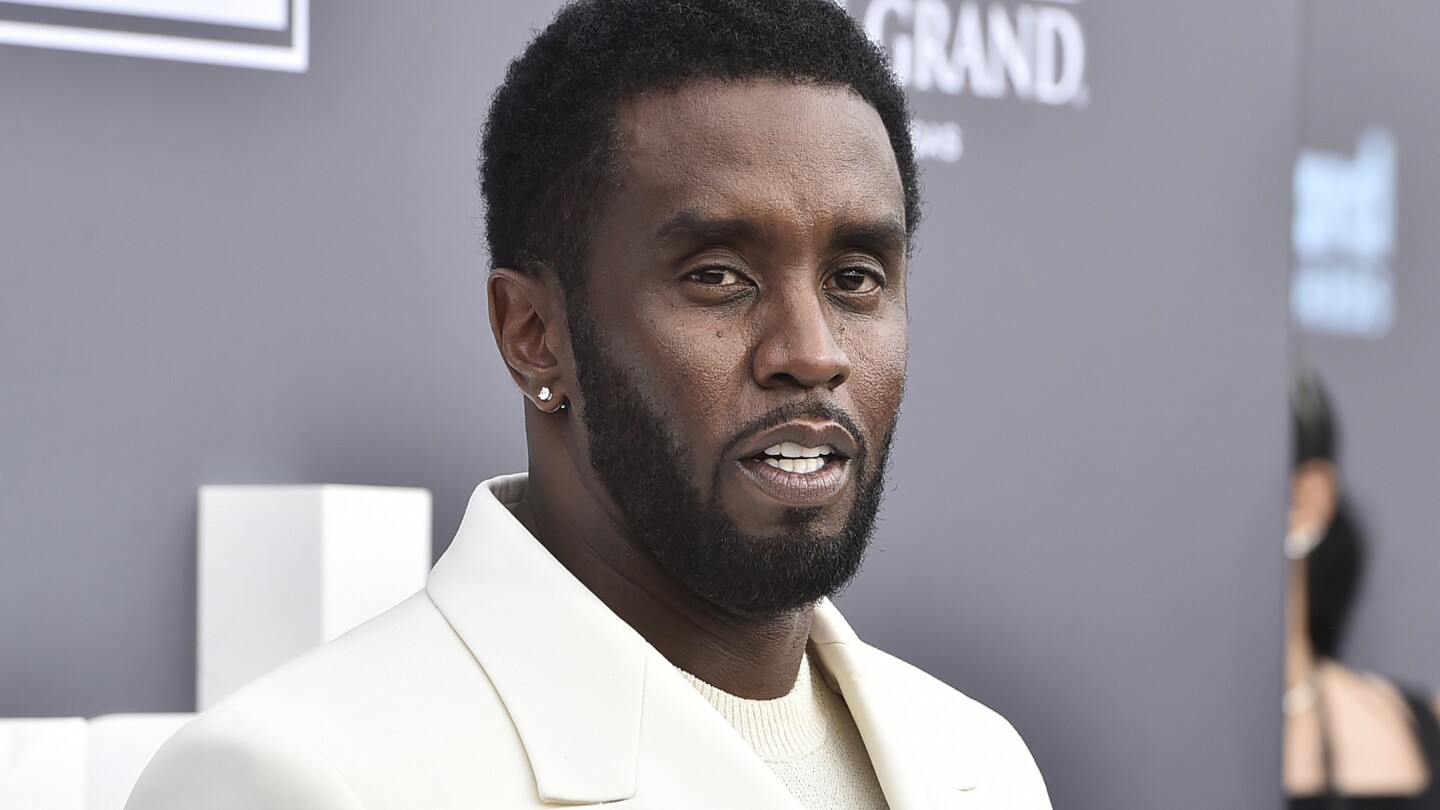NEW YORK — The fate of music mogul Sean “Diddy” Combs now rests in the hands of a jury as they prepare to deliberate on Monday, following a contentious trial marked by starkly different narratives from the prosecution and defense. Combs, 55, stands accused of sex trafficking and racketeering conspiracy, charges he vehemently denies.
Prosecutors have painted a picture of Combs as a manipulative figure who coerced and threatened two former girlfriends into engaging in sexual acts with male sex workers over two decades. They argue that his actions were part of a broader pattern of violence and control. In contrast, the defense has dismissed these allegations as an overreach, suggesting that the case could criminalize consensual adult behavior.
Prosecution’s Aggressive Stance
The prosecution, led by Assistant U.S. Attorney Christy Slavik, did not shy away from bringing serious allegations to the forefront, including arson and kidnapping, despite earlier indications that these charges might be dropped. Slavik’s closing argument emphasized Combs’ alleged role as the leader of a criminal enterprise, detailing incidents of forced labor, bribery, and sex trafficking.
One of the more sensational claims involved the firebombing of rapper Kid Cudi’s Porsche in 2012, which the prosecution linked to Combs. Additionally, they accused Combs of kidnapping an employee to confront Cudi, who was reportedly dating Combs’ girlfriend at the time.
“Over the last several weeks, you’ve learned a lot about Sean Combs. He’s the leader of a criminal enterprise. He doesn’t take no for an answer,” Slavik told the jury.
Defense Counters with Mockery and Personalization
Defense attorney Marc Agnifilo countered the prosecution’s narrative with a mix of humor and skepticism, portraying the government’s case as an unjustified attack on Combs’ personal life. Agnifilo ridiculed the extensive search of Combs’ properties, highlighting the seizure of items like baby oil and Astroglide lubricant as evidence of the alleged crimes.
Agnifilo sought to personalize the case for the jury, framing it as an intrusion into private lives and consensual adult relationships. He argued that the prosecution’s approach could set a dangerous precedent, criminalizing private sexual behavior.
“They go into the man’s bedroom. They go into the man’s most private life. Where is the crime scene? The crime scene is your private sex life,” Agnifilo asserted.
Implications of the Trial
The trial has captivated public attention not only because of Combs’ celebrity status but also due to its potential implications for privacy and personal freedom. Legal experts have noted that the case could influence how similar cases are prosecuted in the future, especially concerning the boundaries between consensual and coerced sexual activities.
Combs’ case also raises questions about the power dynamics in celebrity relationships and the role of wealth and influence in potentially shielding individuals from accountability. The trial has featured testimony from key figures, including former girlfriend Casandra “Cassie” Ventura, whose lawsuit against Combs sparked the criminal investigation.
Final Thoughts and Next Steps
As the jury prepares to deliberate, both sides have made their final appeals. The prosecution urges the jury to hold Combs accountable, emphasizing the overwhelming evidence of his guilt. Meanwhile, the defense continues to argue that the charges are an overreach, warning of the broader implications for personal privacy.
“For 20 years, the defendant got away with his crimes. That ends in this courtroom,” Assistant U.S. Attorney Maurene Comey stated in her rebuttal.
The outcome of this trial could have significant repercussions, not only for Combs but also for how similar cases are approached in the future. As the jury deliberates, the world watches closely, awaiting a verdict that could redefine the boundaries of privacy and accountability in the realm of celebrity and beyond.
